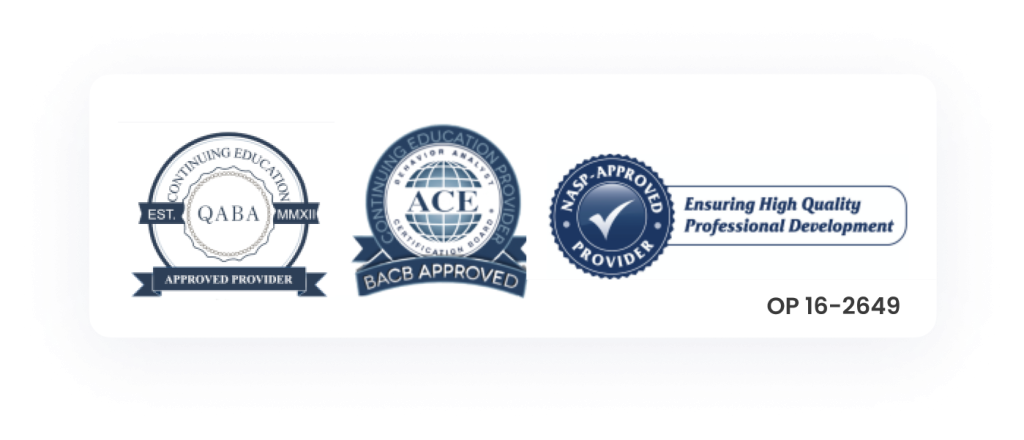We know how important it is to teach boundaries, self-advocacy, and sex education to our
clients, but where do we begin? Toilet training is a great entry point to incorporate sex education into behavioral skills training. In this course, you will learn about the importance of implementing sex education programming with individuals with disabilities, alongside a direct application into toileting skill acquisition. If you’ve never done toilet training with a client, this is a great place to start. If you’ve been doing it for years, this is a great place to enhance the ethics of your practice.
Author/Speaker
Makenzie is a Board Certified Behavior Analyst dedicated to providing child-centered and innovative ABA services. Makenzie holds degrees in psychology, and child development, along with graduate degrees in both special education and ABA. She has worked in the public school system for over 8 years ensuring students have effective behavior support plans and the skills to be successful in whatever life path brings joy and fulfillment. Additionally, Makenzie Danis is a Certified Sexuality Educator through the Sexual Health Alliance. She believes firmly that all individuals, including through with disabilities, have a right to comprehensive sex education. Makenzie is also trained in Acceptance and Commitment Therapy (ACT) in both small groups and individual therapy. She is the proud owner of Danis Behavioral Solutions, which provides affirming behavioral support to individuals and families, along with progressive supervision services to future BCBAs.



